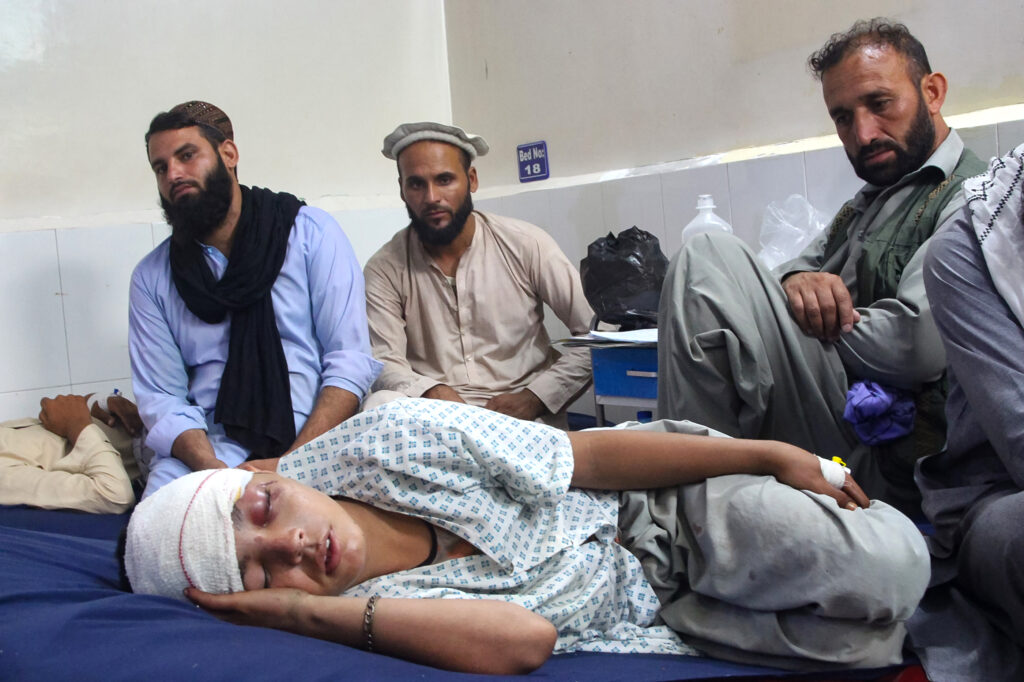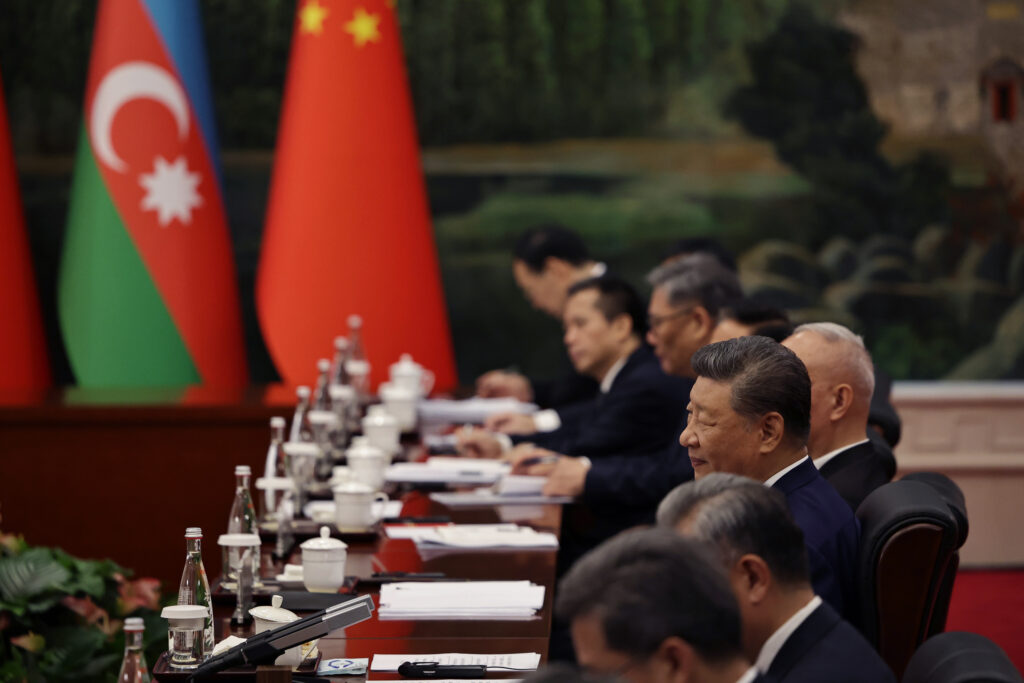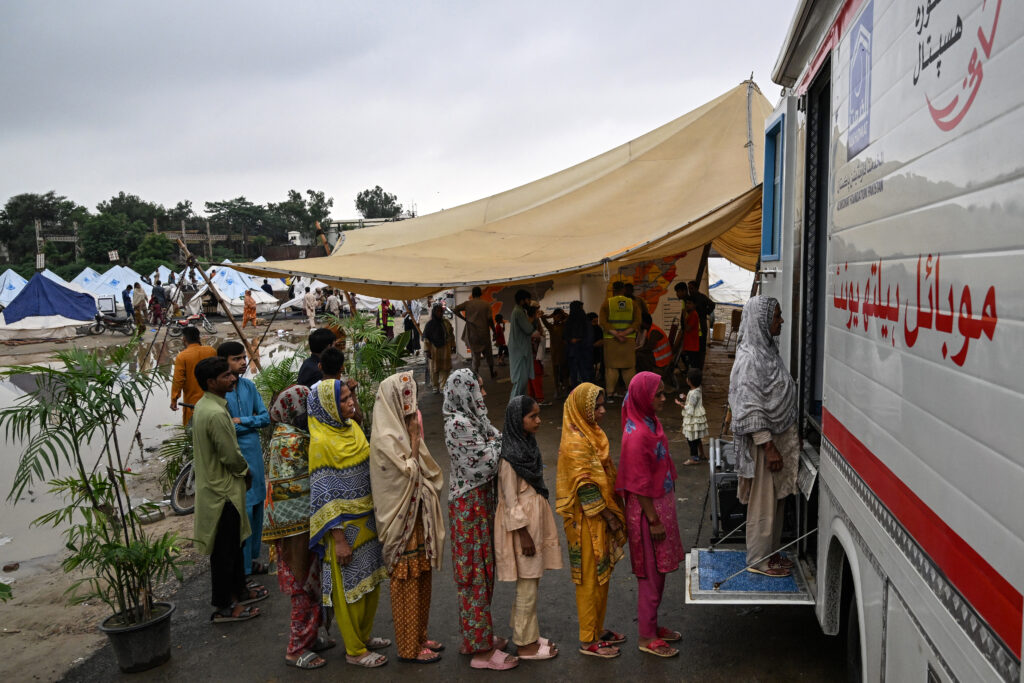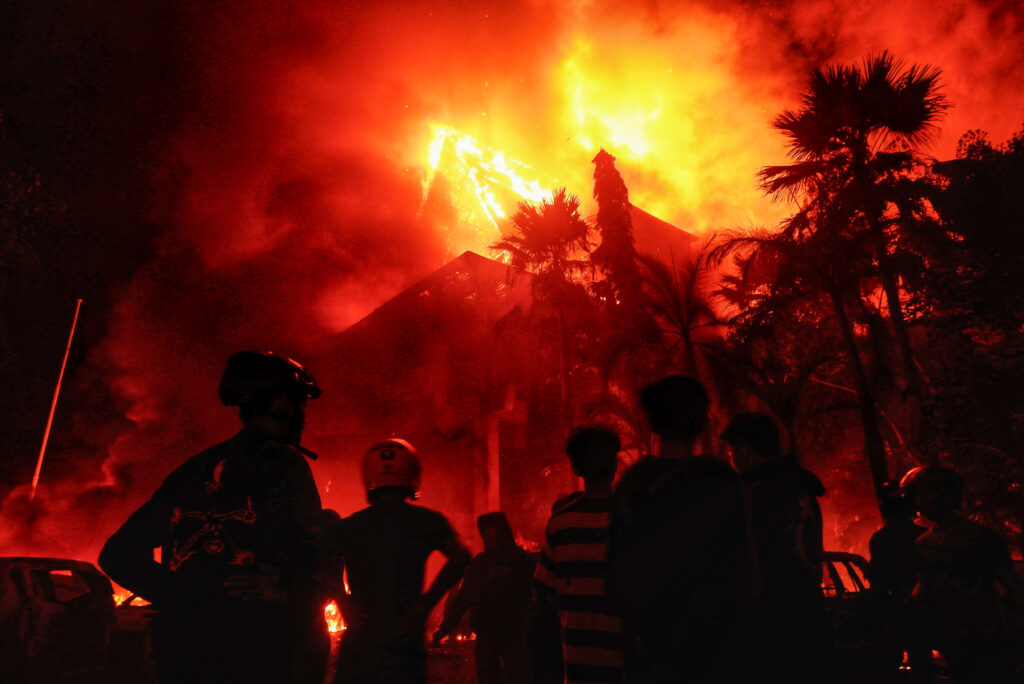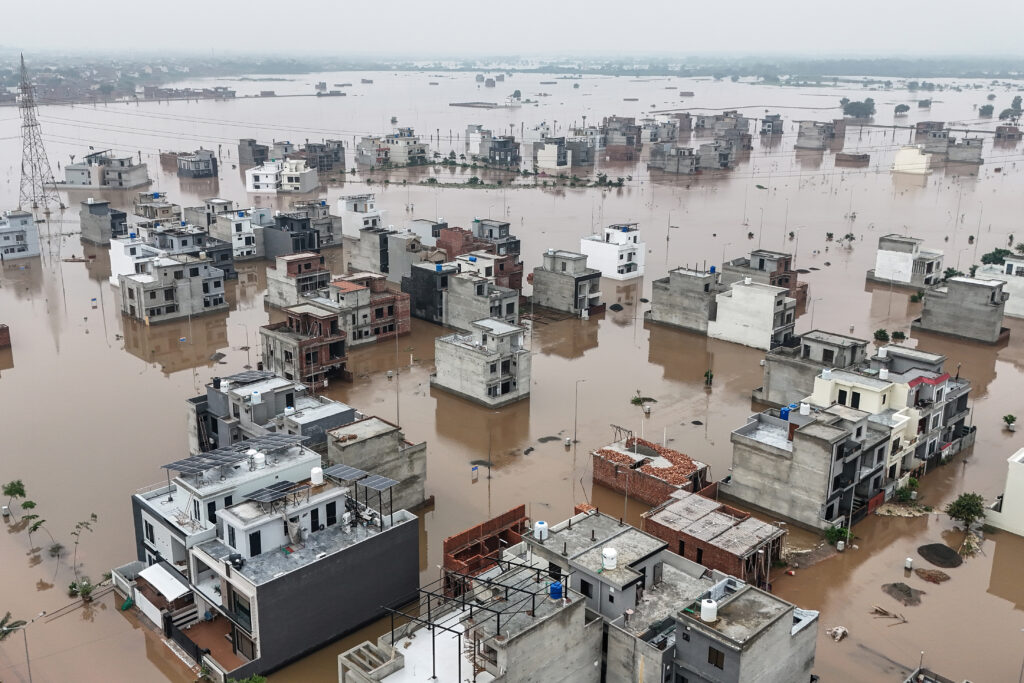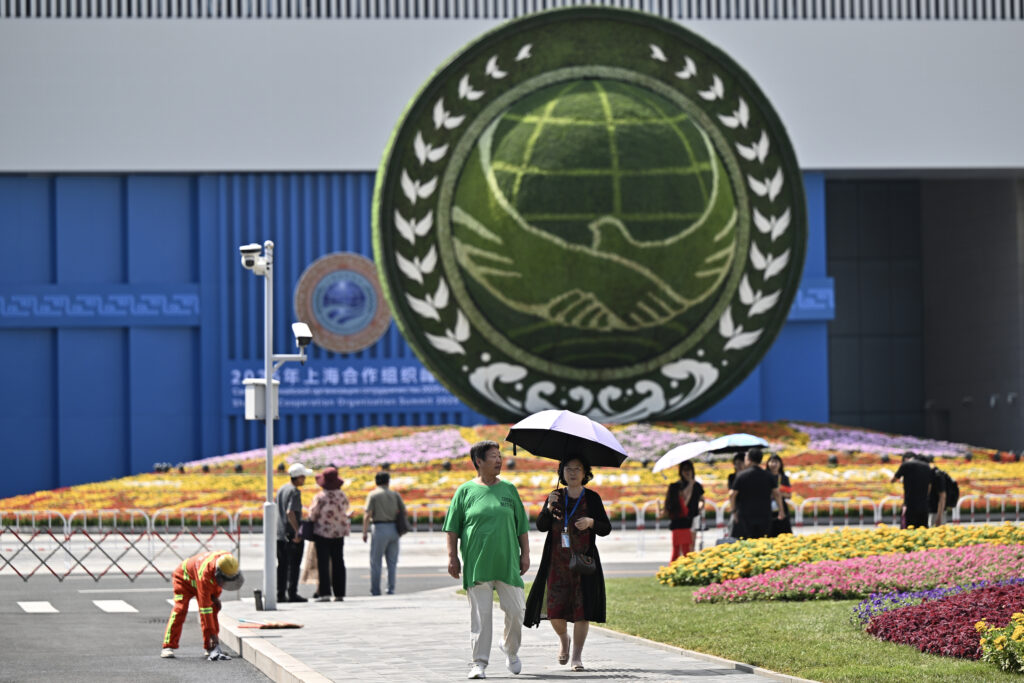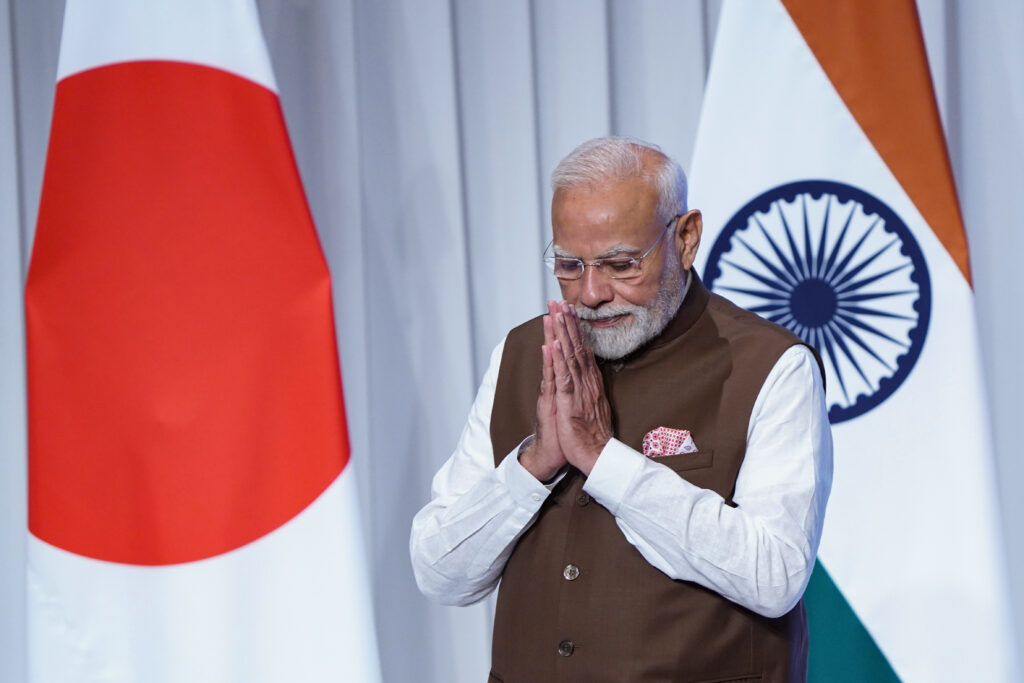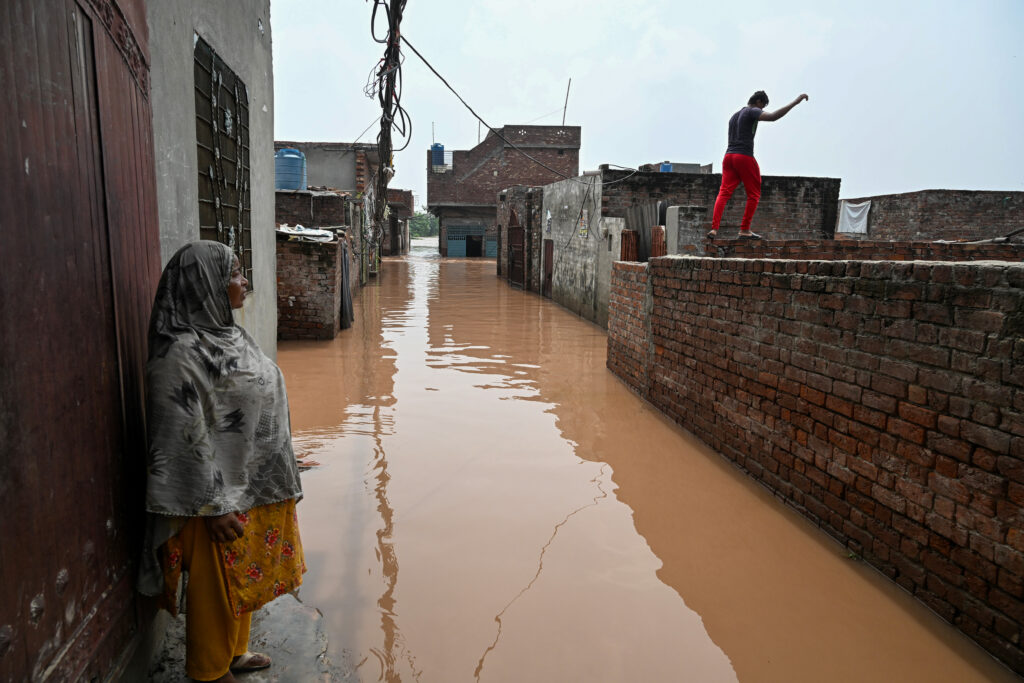Afghanistan earthquake kills more than 600
A massive rescue operation was underway in Afghanistan Monday after a strong earthquake and multiple aftershocks flattened homes in the impoverished nation, killing more than 600 people, the interior ministry said.The earthquake struck just before midnight, shaking buildings from Kabul to neighbouring Pakistan’s capital Islamabad. Near the epicentre in the east of the country, “610 people were killed and 1,300 were injured in Kunar province, with numerous houses destroyed”, spokesman Abdul Mateen Qani told AFP, adding that in neighbouring Nangarhar province 12 people were killed and another 255 injured.The Taliban authorities and the United Nations mobilised rescue efforts to hard-hit areas. “The UN in Afghanistan is deeply saddened by the devastating earthquake that struck the eastern region & claimed hundreds of lives,” the UN said on X, saying teams were on the ground “delivering emergency assistance & lifesaving support”.The epicentre of the quake, which struck at a relatively shallow depth of eight kilometres, was 27 kilometres from the city of Jalalabad in Nangarhar province, according to the US Geological Survey.Shallow quakes tend to cause more damage than deep tremors.- Frequent quakes -A series of aftershocks followed throughout the night, including a powerful and shallow 5.2-magnitude quake just after 4:00 am (2330 GMT Sunday).Afghanistan is frequently hit by earthquakes, especially in the Hindu Kush mountain range, near the junction of the Eurasian and Indian tectonic plates. Nangarhar province was also hit by flooding overnight Friday to Saturday, which killed five people and destroyed crops and property, provincial authorities said.In June 2022, a 5.9-magnitude quake struck the impoverished eastern border province of Paktika, killing more than 1,000 people and leaving tens of thousands homeless.Ravaged by four decades of war, Afghanistan is already contending with a humanitarian disaster.With the return of the Taliban, foreign aid to Afghanistan has shrunk dramatically, undermining the already impoverished nation’s ability to respond to disasters.In 2015, more than 380 people were killed in Pakistan and Afghanistan when a powerful 7.5-magnitude earthquake ripped across the two countries, with the bulk of the deaths in Pakistan. In that disaster, 12 young Afghan girls were crushed to death in a stampede as they tried to flee their shaking school building.burs/lb/mtp
